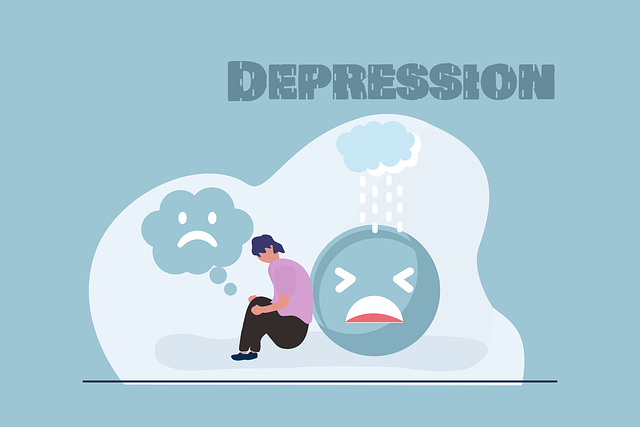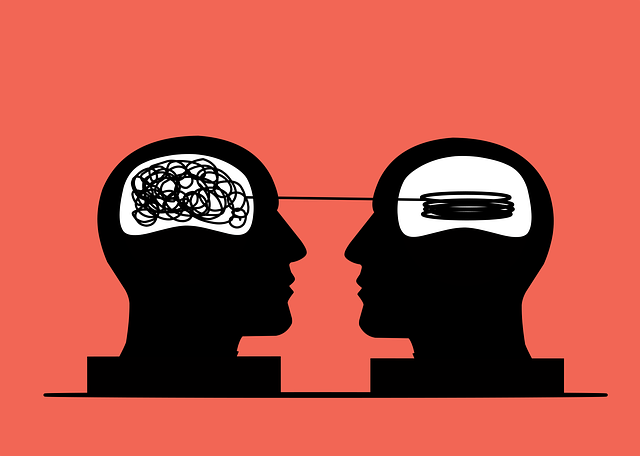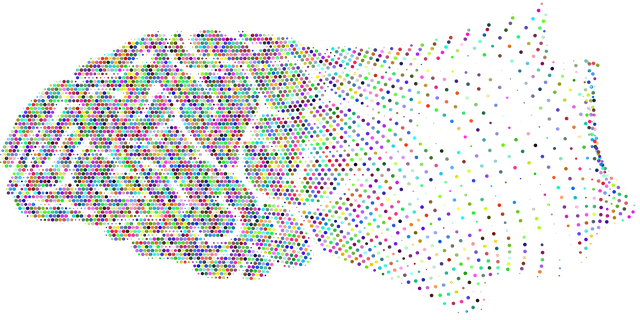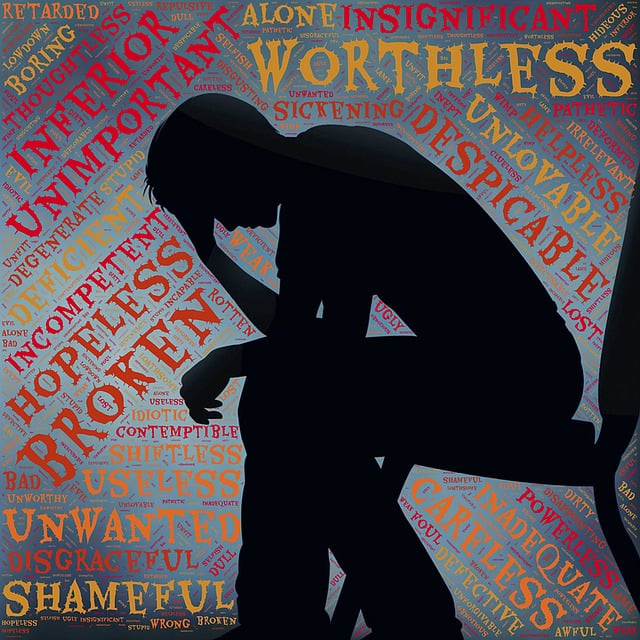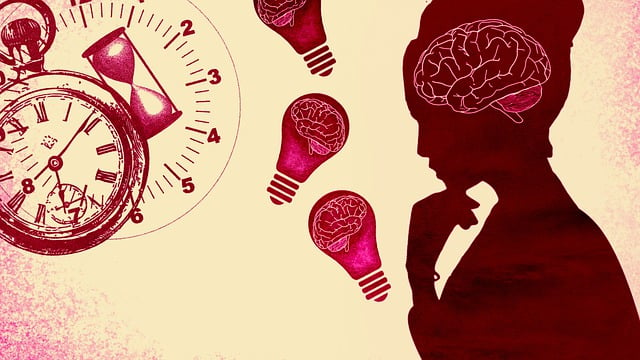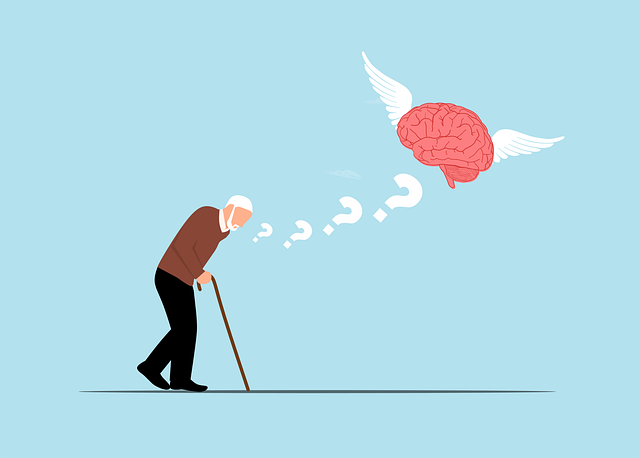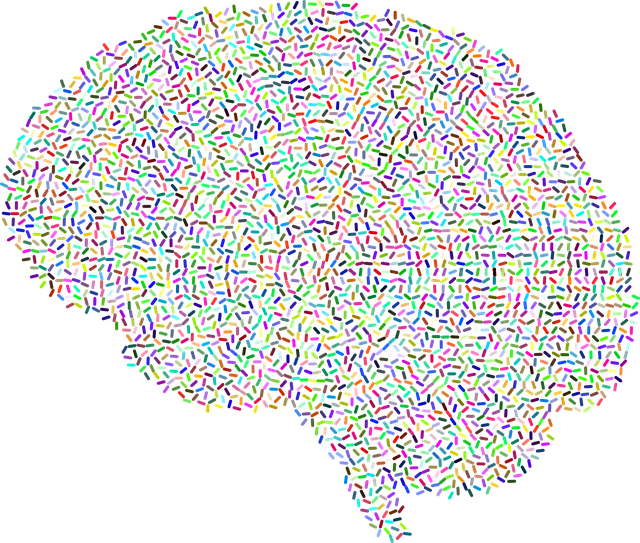The text discusses the significant impact of mental illness stigma on individuals' well-being and recovery, hindering access to essential services like Greenwood Village Dialectical Behavioral Therapy (DBT). It highlights how internalized stigma, societal misinformed judgments, and stereotypes prevent people from seeking therapy, self-care practices, and open conversations about mental health. The text promotes collective efforts to foster empathy, educate communities, and encourage open dialogue. DBT in Greenwood Village offers a holistic program combining individual therapy and group skills training to combat stigma by empowering individuals with communication strategies and empathy-building techniques. Through workshops, support groups, and awareness campaigns, the village fosters open dialogue about mental health issues, reducing stigma and emphasizing self-care among healthcare providers. Policy changes and advocacy are also emphasized as powerful tools in this fight, ensuring access to quality mental health services and shaping public discourse around mental health.
Mental illness stigma, a pervasive barrier to treatment, continues to burden individuals and communities. This article explores comprehensive approaches to reducing this stigmatization, highlighting key strategies such as dialectical behavioral therapy (DBT) offered in Greenwood Village, community engagement initiatives, and policy advocacy.
By examining these diverse methods, we aim to illuminate effective paths towards fostering understanding and support for mental health issues, drawing on the success of programs like Greenwood Village DBT in reshaping societal perceptions.
- Understanding the Impact of Stigma on Mental Health
- Greenwood Village Dialectical Behavioral Therapy: A Comprehensive Approach to Stigma Reduction
- Community Engagement and Education: Building a Supportive Network
- Policy Changes and Advocacy: Shaping a More Understanding Society
Understanding the Impact of Stigma on Mental Health

Stigma surrounding mental illness can have profound effects on individuals’ well-being and recovery journeys. In many cases, it perpetuates feelings of shame, isolation, and fear, deterring people from seeking necessary support. This internalized stigma can lead to avoidance of essential services like Greenwood Village Dialectical Behavioral Therapy (DBT), which offers evidence-based practices for emotional healing processes. By understanding the impact of stigma, we begin to recognize its role in hindering access to therapy and other mental wellness resources.
Moreover, the societal stigma often manifests as misinformed judgments and stereotypes, contributing to the marginalization of those struggling with their mental health. This can make it challenging for individuals to openly discuss their experiences and seek guidance on stress management techniques or engage in mental wellness journaling exercises, which are crucial components of self-care and emotional resilience. Overcoming stigma requires collective efforts to foster empathy, educate communities, and promote open conversations about mental illness.
Greenwood Village Dialectical Behavioral Therapy: A Comprehensive Approach to Stigma Reduction

Greenwood Village Dialectical Behavioral Therapy (DBT) offers a comprehensive approach to mental illness stigma reduction. By combining individual therapy with group skills training, DBT equips individuals with effective communication strategies and empathy-building techniques. This holistic method addresses the complex nature of mental health issues, fostering understanding and support within communities.
The program focuses on teaching participants how to regulate emotions, tolerate distress, enhance mindfulness, and improve interpersonal effectiveness. Through these skills, individuals gain a deeper understanding of their experiences, leading to more nuanced conversations about mental wellness. The Mental Wellness Podcast Series Production, featuring real-life stories and expert insights, further contributes to stigma reduction by humanizing mental health journeys and encouraging open dialogue.
Community Engagement and Education: Building a Supportive Network

In Greenwood Village, Dialectical Behavioral Therapy (DBT) has emerged as a powerful tool in the ongoing battle against mental illness stigma. Beyond individual therapy sessions, DBT emphasizes community engagement and education—a strategy that cultivates a supportive network for those facing mental health challenges. By organizing workshops, support groups, and awareness campaigns, Greenwood Village is fostering an environment where open dialogue about mental health issues becomes the norm. This proactive approach breaks down barriers and encourages early intervention, ultimately reducing the stigma associated with seeking help.
The integration of Burnout Prevention Strategies for Healthcare Providers into community engagement programs underscores the importance of self-care and resilience among those who support others’ mental well-being. Mind Over Matter Principles and Positive Thinking are also central to these efforts, empowering individuals to reframe their perspectives and foster a culture of understanding and compassion. Through such initiatives, Greenwood Village is not just treating mental illness; it’s transforming perceptions and building a community that truly supports its members’ mental health.
Policy Changes and Advocacy: Shaping a More Understanding Society

Policy changes and advocacy play a pivotal role in reducing the stigma associated with mental illness. By implementing supportive policies, such as those that promote access to quality mental health services, including Greenwood Village Dialectical Behavioral Therapy (DBT) programs, societies can foster understanding and empathy. These initiatives ensure that individuals experiencing mental health challenges receive the necessary support without fear of discrimination or judgment.
Advocacy efforts also contribute to shaping public discourse around mental illness, encouraging open conversations and challenging societal norms. Mental health education programs designed with a focus on burnout prevention strategies for healthcare providers can significantly reduce stigma. By equipping professionals with knowledge and skills to de-stigmatize mental health issues, these programs enable more effective care and support for individuals seeking help, ultimately creating a more compassionate and supportive environment.
Mental illness stigma is a pervasive issue, but with concerted efforts like those practiced in Greenwood Village through dialectical behavioral therapy, community engagement, and policy changes, we can create a more supportive society. By integrating comprehensive approaches to education and advocacy, we not only reduce the impact of stigma but foster an environment where individuals with mental health challenges are empowered and supported. These strategies are vital steps towards a more inclusive and understanding world.
